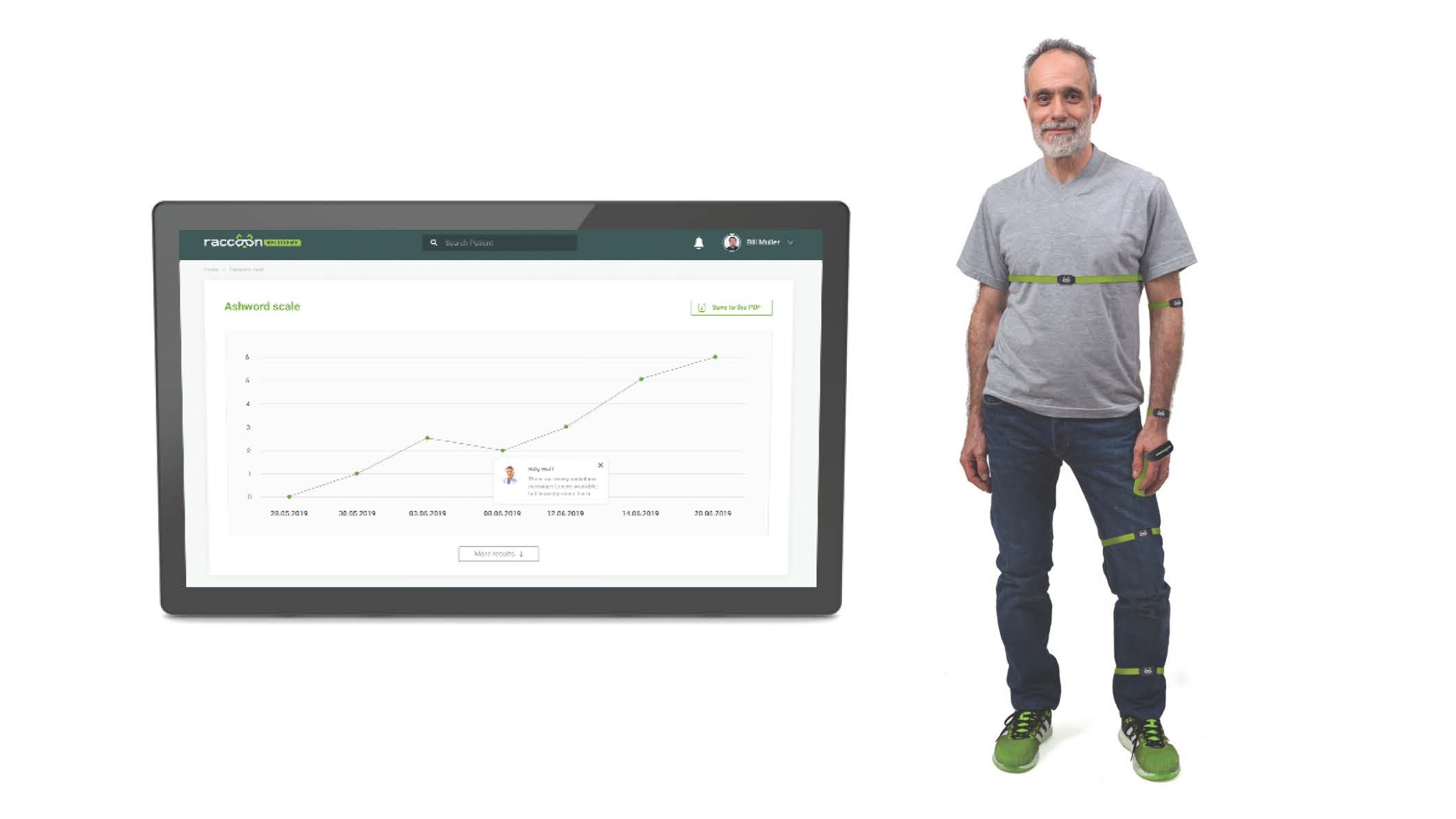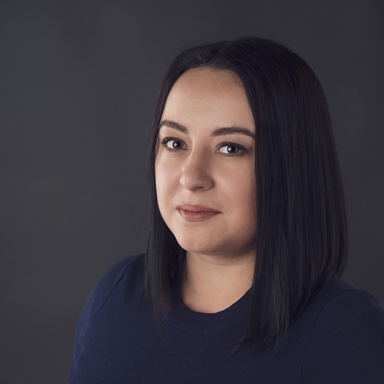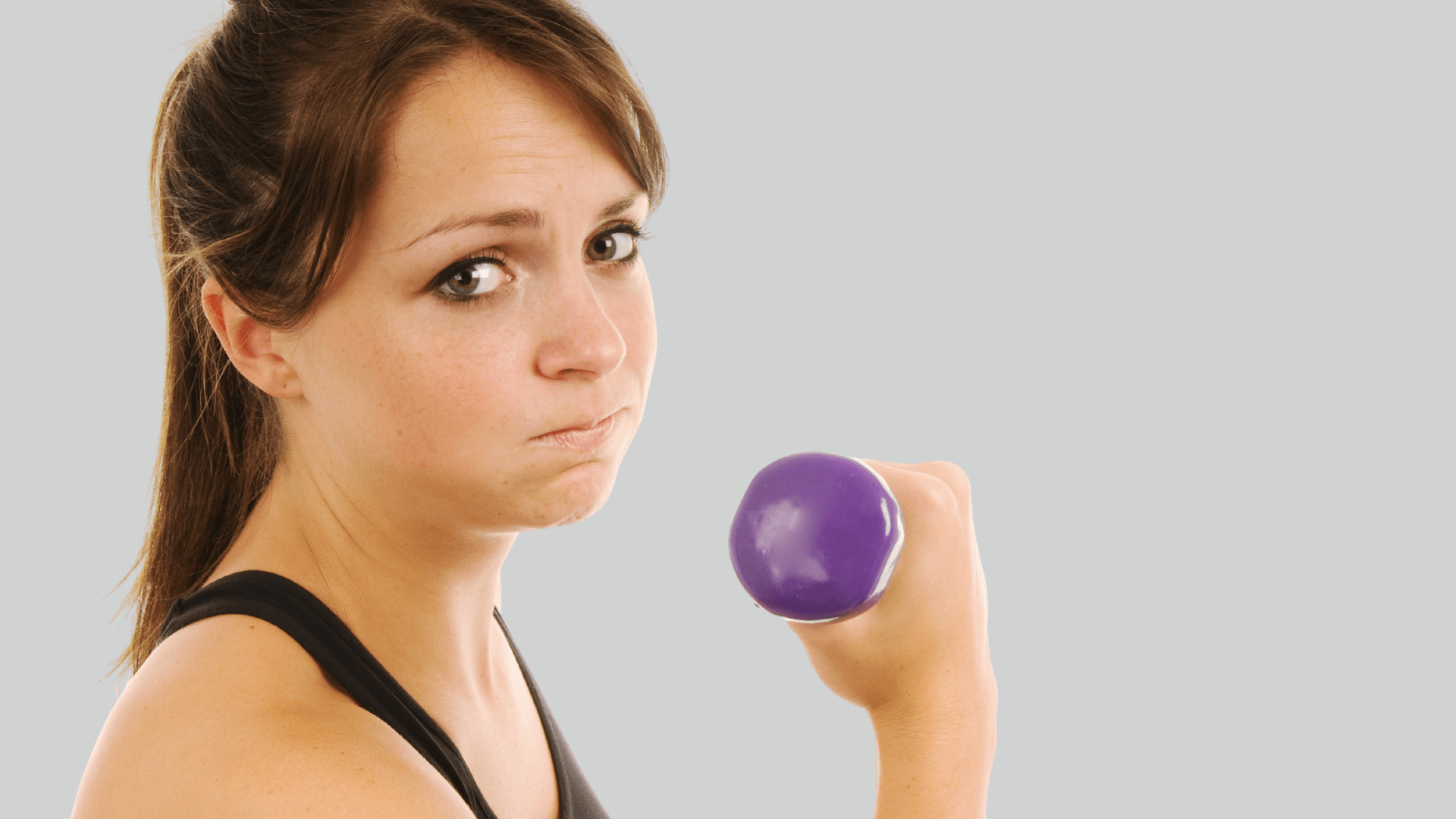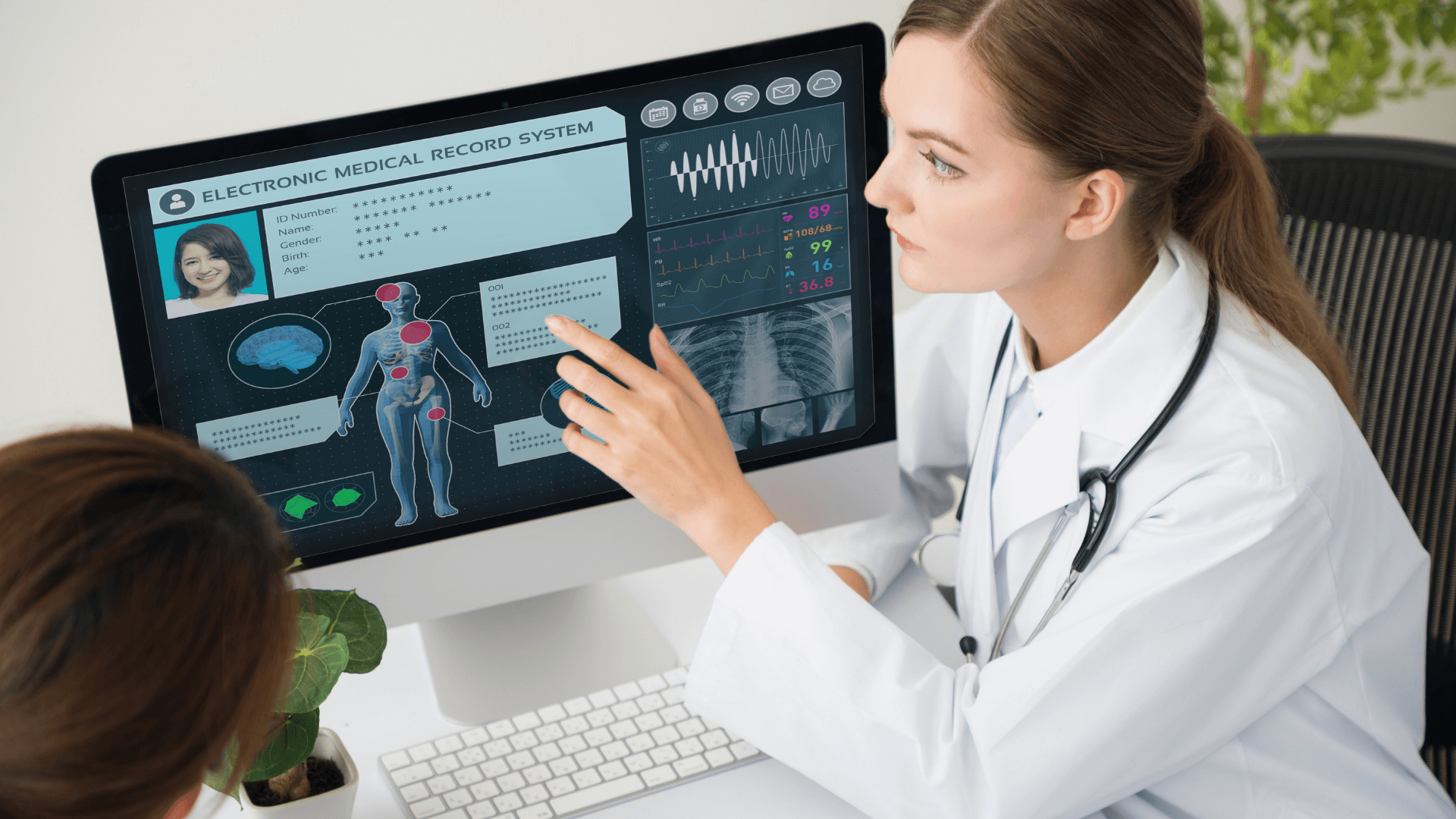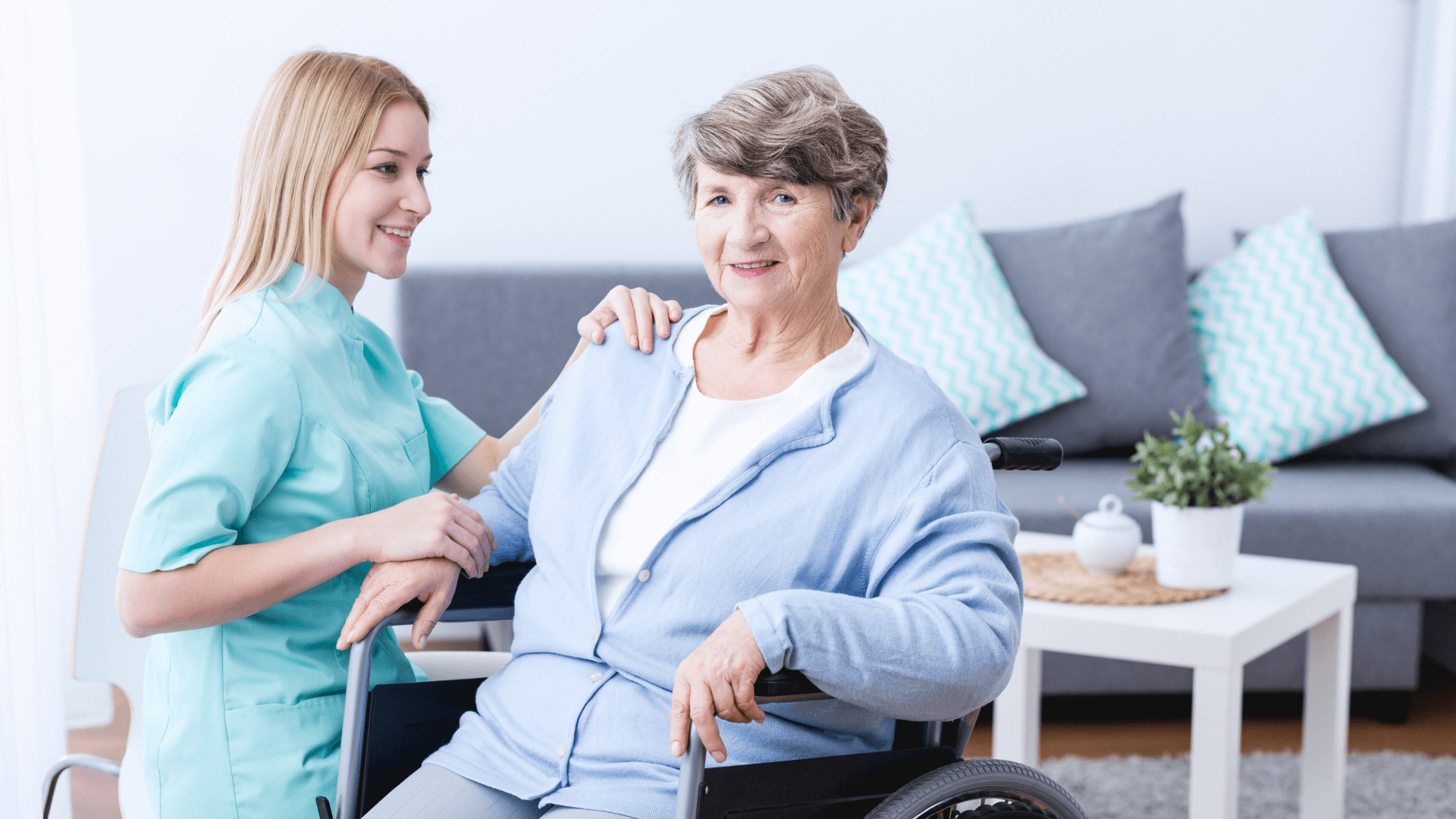While people want to be checked for coronavirus in overcrowded hospitals, rehabilitation centres, on the contrary, start losing patients because they prefer to stay at home instead of visiting the gym. How the telerehabilitation can help, read in the article of Raccoon.World CBDO Anna Bezrodna.
As coronavirus continues to spread all over the world, the consumption culture of different products and services changes rapidly. People try not to go out unless it is necessary, and the demand for remote services skyrockets. Food delivery instead of the restaurant, Netflix instead of the cinema, webinars instead of conferences and workshops. Now is the time to start rethinking how companies should work to ensure their clients could have a safe way to consume their products and services. And medicine and care are in front of this movement.
Tele-boom
«The coronavirus outbreak could provide a bright spot for one sector of the health industry that has struggled to gain widespread acceptance: Telemedicine», says Christina Far in her article for CNBC.
And she is right. Telemedicine and telehealthcare are exactly what everyone in the healthcare sector needs now, both patients and therapists. The introduction of tele-technologies has made such a leap in the last week, which it has not during years. For instance, in the US President Donald Trump has recently signed $3,8B funding to expand the use of telemedicine, and Anthem, one of the largest US insurers, is ramping up its telemedicine tool [Source: CNBC]. In China, the number of online users and visits also has surged at Ding Xiang Yuan, an online community for healthcare professionals, and Chunyu Doctor, a telemedicine platform [Source: Bain]. Israel’s Sheba Hospital turns to telehealth to treat incoming coronavirus-exposed patients [Source: MobiHealthNews].
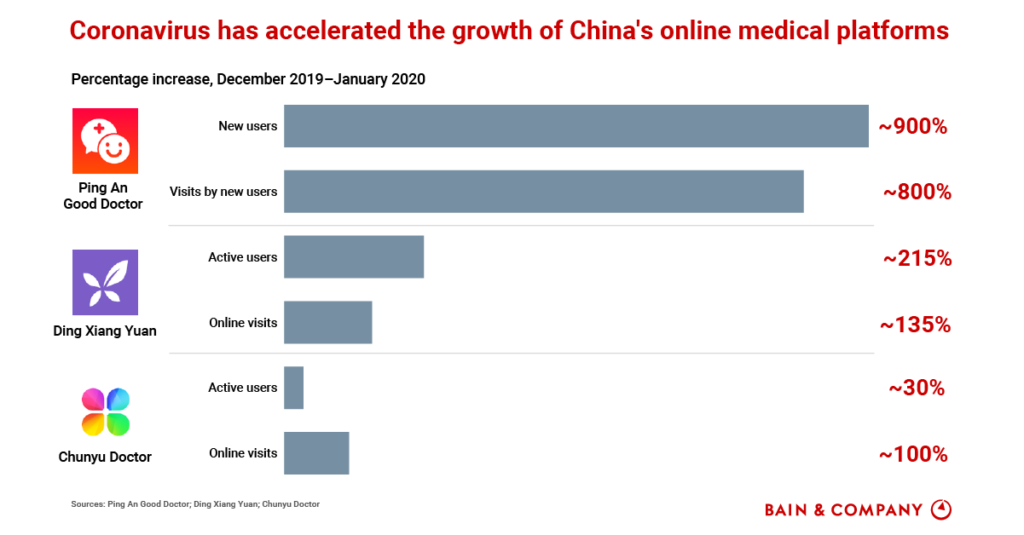
However, if remote treatments in medicine solve the problem of the influx of patients who want to be tested, then for telerehabilitation the task is quite different.
Telerehabilitation as a way to retain customers
“This week, 7 people have already cancelled the visit because they don’t want to train with another ten people in the same room. They are afraid to pick up the coronavirus”, says Sabina, a physiotherapist from Leipzig.
Sabina did not yet have experience of using solutions for telerehabilitation, which she regrets the most right now. Solutions for remote care should be the greatest assistance for therapists during the coronavirus outbreak.
Thanks to automation, digitized examination and remote monitoring of Raccoon.Recovery, physiotherapists save time that results in up to 150% revenue increase.
First of all, telerehabilitation allows you to examine the patient remotely and prescribe a course. This is the main reason why patients cancel visits and rehabilitation centres lose revenue. At Raccoon, we created the possibility of conducting classic survey tests (Ashworth Scale, PNА, Barthel Index and many others) directly in software. After the examination, the therapist just needs to choose the training movement in the app on his/her PC or tablet and they are immediately sent to the patient app. Thus, it is possible to diagnose the patient’s condition remotely, thereby allowing him/her not to risk his health when going to the medical centre.
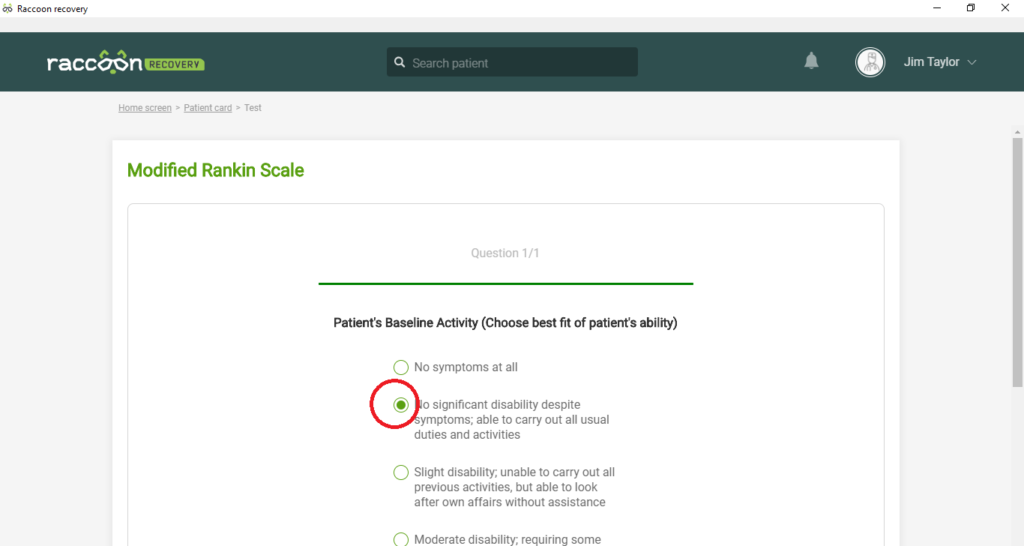
Monitored treatment is even more critical than the examination. An indisputable plus of rehabilitation in the gym with therapists is the ability to control how the patient performs the exercises and how intensively he/she practices. At Raccoon, the process of performing physical exercises is carefully monitored by tiny sensors that are easily attached to the patient’s body. Sensors read movements and the information goes straight to the application on the therapist’s computer or tablet. Thus, he/she sees the number of repetitions done as well as their correctness.
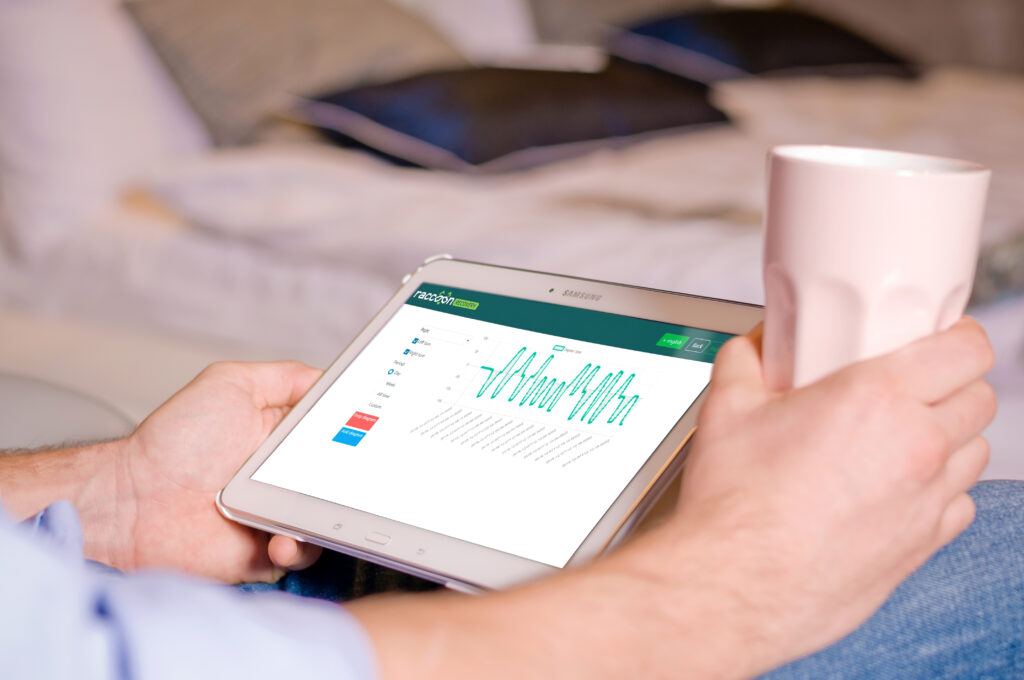
As with exercise control, the patient’s motivation is crucial for recovery success. Nowadays it is achieved by personal the support of the therapist. Of course, human warmth cannot be replaced with anything, but the technology already allows you to engage the patient with the rehabilitation process through gamification. Many solutions use one or another level of gamification – as a rule, they offer from 1 to 10 simple games. The patient is doing exercises and controls the game with movements of his body. But this level cannot guarantee a sufficient level of involvement. “Patients lose interest after 2-3 sessions with these“ games ”, they become as boring as regular exercises,” says Wojtek, a therapist from Warsaw. At Raccoon, we took a radically different path – our developers created an algorithm that allows you to connect a full-fledged existing video game (for example, popular racing or virtual fishing).
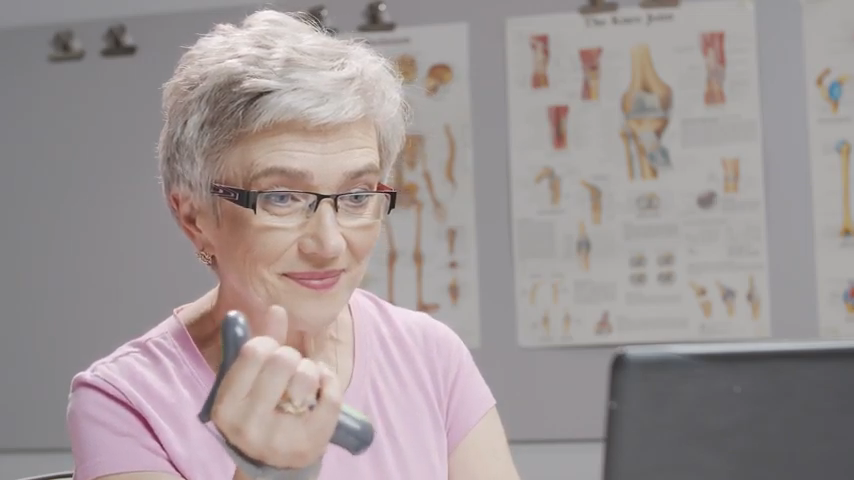
Thus, patients receive a higher level of involvement due to the engaging scenario, and therapists can make a truly personalized course by choosing a game according to the patient’s preferences and his/her condition. To help therapists, we created a list of games that is suitable for different diagnoses and stages of rehabilitation. Just ask the patient what he/she likes best.
In connection with the coronavirus, to accelerate the implementation of telerehabilitation and save lives and health, the company management decided to provide a free trial period of 14 days to all interested clinics. If you are a representative of a rehabilitation centre and would like to try a solution with your patients, leave a request for a demonstration here – and we will contact you shortly.
Disclaimer: Raccoon.Recovery is a certified medical device (CE mark), GDPR compliant and tested at the German Max Planck Institute of Cognitive and Brain Sciences as suitable both for neurological and orthopaedic patients. Raccoon.Recovery hardware part consists of controller for hands and sensors arms, the full-body product is to be presented soon in 2020.


